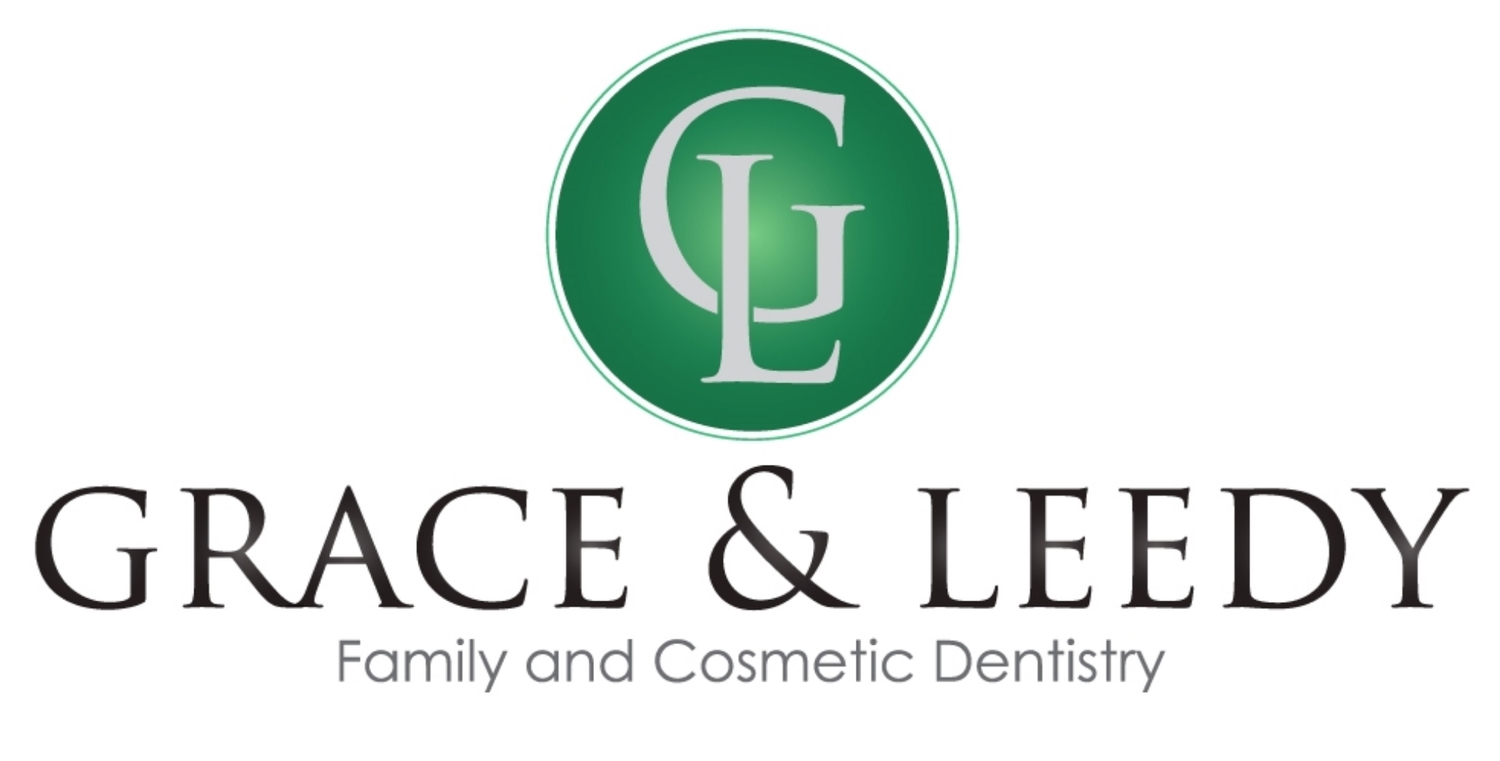
How To Choose The Right Toothpaste
Selecting the right toothpaste can be a daunting task, especially when you try to do it on the fly in the toothpaste aisle. All those choices and brightly colored boxes can be almost mesmerizing, and they often leave you without a clue as to what toothpaste is right for your dental health. Well not to worry, once you get past the flashy packaging, selecting the right toothpaste is easier than you think. Let's take a closer look at the basics of choosing the right toothpaste for you.
ADA Approved
The number one rule in selecting toothpaste is to check the box for the ADA (American Dental Association) seal of approval. ADA approval ensures the toothpaste has been properly tested and that it is safe and effective. Purchasing any toothpaste that has not been adequately tested or approved by the ADA is risky and should be avoided.
Fluoride Toothpaste
In addition to the ADA seal, you'll want to make sure the toothpaste you're purchasing has fluoride. Studies have proven that fluoride strengthens tooth enamel and can help prevent tooth decay. So any effective toothpaste will have the active ingredient of fluoride. The FDA regulates all fluoride toothpastes, and you can expect to see an active ingredient list and warnings on any box of fluoride toothpaste. This is another sign that what you're selecting is a good toothpaste for you and your family. Toothpastes that don't have fluoride are not regulated by the FDA. If there isn't an active ingredient list on the box, then most likely the toothpaste you're holding is a brand your dentist won't recommend.
Toothpaste Varieties
In addition to the basics, you'll see a lot of specialized toothpaste brands on the shelf. Often you'll see two or more of these types combined into one toothpaste as well. Here is a brief overview of the main toothpaste varieties:
ANTI-CAVITY
Anti-cavity toothpaste is just another word for fluoride toothpaste. This is a variety that is proven to strengthen tooth enamel and help prevent cavities.
TARTAR CONTROL
Tartar control toothpaste is designed to slow the accumulation of tartar, or plaque, on your teeth. This toothpaste variety is not effective at removing existing tartar, but it can slow the accumulation of new tartar.
SENSITIVE TEETH
People who have sensitive teeth may prefer a desensitizing toothpaste that helps block tooth pain at its source. This variety of toothpaste uses special chemicals to reduce pain by blocking the access of irritants to the nerves in your teeth. If you're not currently experiencing tooth pain or sensitivity, you can skip this variety for now.
WHITENING
Whitening toothpaste is one of the more popular varieties available today, but it's important to understand how this toothpaste works. It doesn't necessarily "whiten" teeth, but instead removes the surface stains on your teeth. For this toothpaste to be effective, you need to use it for a sustained amount of time. Some studies have suggested that whitening toothpastes can cause increase sensitivity when used long term, and this is a warning to be aware of before selecting this type.
ANTI-GINGIVITIS
Anti-Gingivitis toothpastes are designed to fight the early form of gum disease known as Gingivitis. If you have red gums or your gums occasionally bleed, using this toothpaste in conjunction with visiting your dentist can help this condition.
BAKING SODA AND GEL TOOTHPASTES
Both baking soda and gel toothpastes are popular varieties you'll find in the healthcare aisle, but neither has been proven to be more effective than traditional toothpaste. As long as it has the ADA seal, selecting either one is simply a matter of personal preference.
The Right Amount
Often people use too much toothpaste when they brush, but all you really need is a small dab on your brush. To think about it another way, you can thinly coat the length of the brush and it'll come out to about the same amount of paste. Too much toothpaste can actually be bad for you, and you'll save money each year by backing off the amount you put on your brush.
Parents should be especially vigilant on how much toothpaste goes on their child's brush. Children are more likely to ingest toothpaste rather than rinse, and fluoride can be harmful when ingested. Realistically it would take a lot more fluoride than can fit on a brush to harm a child, but it's still worth monitoring as children begin brushing their teeth.
Still Not Sure?
Are you still not sure what toothpaste is right for you? Do you have an idea, but you're not sure which brand offers the best benefits? The staff at Grace & Leedy is here to help. We encourage you to contact us and schedule your initial consultation or your next appointment today. We'll be happy to answer your questions about toothpaste and more. We look forward to seeing you!
Location
10881 West Asbury Ave Suite 210, Lakewood, CO 80227
Phone: (303) 989-0452
Office Hours
MON8:30 am - 1:30 pm
TUE7:00 am - 3:30 pm
WED - THU8:00 am - 5:00 pm
FRI7:00 am - 3:30 pm
SAT - SUNClosed








comments